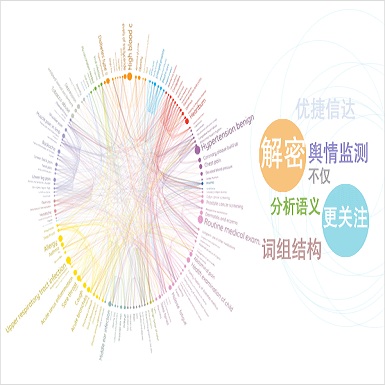Frame semantics-based approaches have been widely used in semantic parsing tasks and have become mainstream. It remains challenging to disambiguate frame representations evoked by target lexical units under different contexts. Pre-trained Language Models (PLMs) have been used in semantic parsing and significantly improve the accuracy of neural parsers. However, the PLMs-based approaches tend to favor collocated patterns presented in the training data, leading to inaccurate outcomes. The intuition here is to design a mechanism to optimally use knowledge captured in semantic frames in conjunction with PLMs to disambiguate frames. We propose a novel Knowledge-Augmented Frame Semantic Parsing Architecture (KAF-SPA) to enhance semantic representation by incorporating accurate frame knowledge into PLMs during frame semantic parsing. Specifically, a Memory-based Knowledge Extraction Module (MKEM) is devised to select accurate frame knowledge and construct the continuous templates in the high dimensional vector space. Moreover, we design a Task-oriented Knowledge Probing Module (TKPM) using hybrid prompts (in terms of continuous and discrete prompts) to incorporate the selected knowledge into the PLMs and adapt PLMs to the tasks of frame and argument identification. Experimental results on two public FrameNet datasets demonstrate that our method significantly outperforms strong baselines (by more than +3$\%$ in F1), achieving state-of-art results on the current benchmark. Ablation studies verify the effectiveness of KAF-SPA.
翻译:基于框架语义的方法已经被广泛应用于语义分析任务,并成为主流方法。在不同的语境下解析目标词汇所引发的框架表达仍然具有挑战性。预训练语言模型(PLMs)已经被用于语义分析,显著提高了神经分析器的准确性。然而,基于PLMs的方法更倾向于出现在训练数据中的词组模式,导致结果不准确。本文的主旨在于设计一种机制,将语义框架中捕获的知识与PLMs优化地结合起来以消除模糊性。我们提出了一种新颖的增强式知识框架语义分析架构(KAF-SPA),通过将准确的框架知识纳入PLMs以增强语义表示能力。具体而言,设计了一种基于记忆的知识提取模块(MKEM)来选择准确的框架知识并在高维向量空间中构建连续模板。此外,我们设计了一种任务导向的知识探针模块(TKPM),使用混合提示(连续和离散提示)将所选的知识纳入PLMs,并使PLMs适应框架和参数识别任务。在两个公共的FrameNet数据集上的实验结果表明,我们的方法明显优于强大的基线方法(F1得分超过+3%),并达到了当前基准的最佳结果。削减研究验证了KAF-SPA的有效性。


